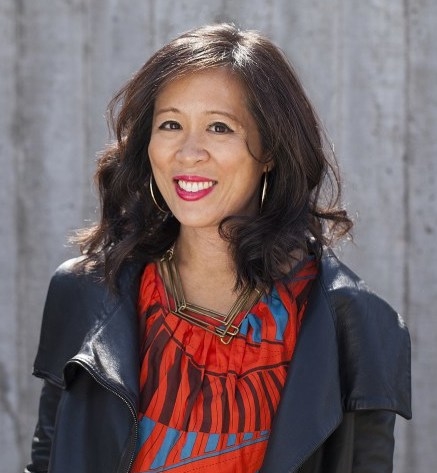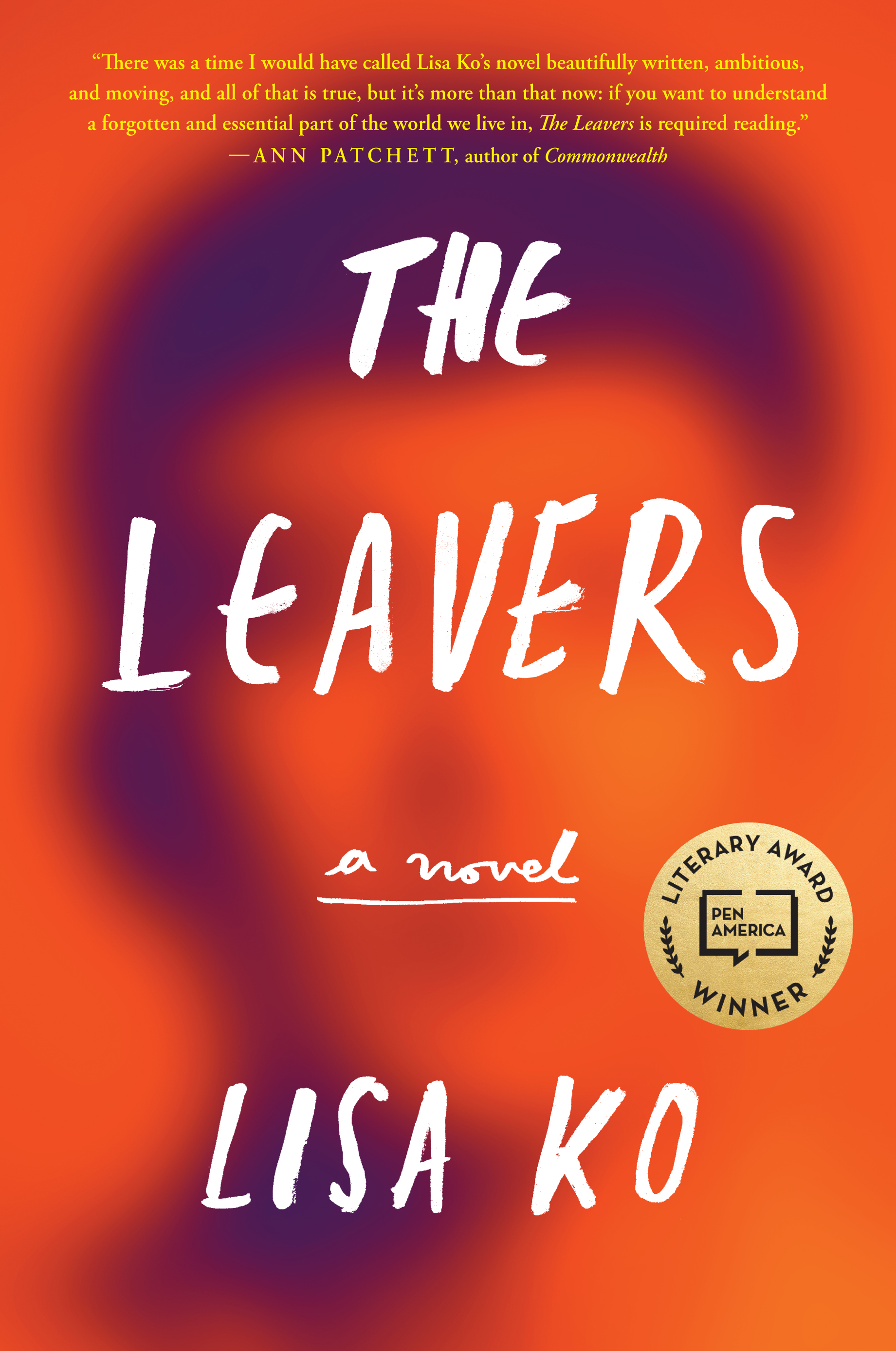 Lisa Ko is the author of THE LEAVERS, which is the winner of the 2016 PEN/Bellwether Prize for Fiction, awarded by Barbara Kingsolver for a novel that addresses issues of social justice. In this, her debut novel, an undocumented Chinese immigrant goes to her job at a nail salon --- and never comes home. No one can find any trace of her. Growing up, the stories Lisa’s mother told were legendary and provided Lisa with her “earliest lessons in narrative and point of view.” Read on to see how Lisa’s mother influenced Lisa’s storytelling with her own brand of telling tales.
Lisa Ko is the author of THE LEAVERS, which is the winner of the 2016 PEN/Bellwether Prize for Fiction, awarded by Barbara Kingsolver for a novel that addresses issues of social justice. In this, her debut novel, an undocumented Chinese immigrant goes to her job at a nail salon --- and never comes home. No one can find any trace of her. Growing up, the stories Lisa’s mother told were legendary and provided Lisa with her “earliest lessons in narrative and point of view.” Read on to see how Lisa’s mother influenced Lisa’s storytelling with her own brand of telling tales.
“Did I ever tell you this story about Poh-Poh’s youngest brother?”
“Yes, Mom.”
We sat at our kitchen table in New Jersey, eating peanuts. It was 1987. My mother cleared her throat. It didn’t matter if I’d heard it before; either way, we were in for the long haul.
“He was the baby. There were eight of them from the second marriage and only Poh-Poh and her three siblings from the first. Their mother was dead, and Uncle started working really young. They all did. He started a business, but then he met the wrong woman. A bad woman who only wanted his money. His son went crazy in the head. Last thing I heard, he was wandering the streets when he was old. He’d lost touch with his whole family and he died alone.”
The moral was that Uncle had bad luck, and if you had bad luck, nothing you did could ever make it good.
 “That’s a terrible story,” I said.
“That’s a terrible story,” I said.
“Well, it’s a true story,” my mother said.
She reached into the bag and passed me more peanuts.
My mother was born in the Philippines at the end of World War II. In her 20s, she moved to New York City by herself and later sponsored her parents and three of her siblings to immigrate to North America. If she’d been born in a different time and place, she might have become the CEO of some corporation, but instead she was the CEO of her own small business, sewing and selling clothes. Gutsy, hilarious and creative, she is one of the most generous and reliable people I know. I’d trust her with anything.
She encouraged my reading habits, letting me read anything I wanted, even at a young age, so by fourth grade I was binge-reading YA books about teenagers having sex and smoking pot. Every week she’d bring me to the town library, and I would check out the maximum amount of books I could on my card. At night I’d squirrel them under my blankets, along with a flashlight, and read long past my bedtime.
My mother has never been a big fiction reader --- she prefers newspapers and magazines --- but she’s always been a great storyteller. Her favorites are tales of bad luck starring family members, friends and even herself. Popular storylines: Regrets, paths not taken, making the wrong choices. A cousin who’d had a bad marriage. A teacher who drowned in a river.
Were all of her stories entirely true? It’s unlikely. There may have been some embellishment, a little creative license. But they were true to her, or true in the way she wanted them told to me. It’s not until recently that I realized that my mother’s stories were my earliest lessons in narrative and point of view. With every bad-luck tale at our kitchen table, I was reminded of life’s unexpected plot points and the causes and effects of a character’s actions --- and, perhaps most importantly, that our stories were worth telling, writing and reading.


